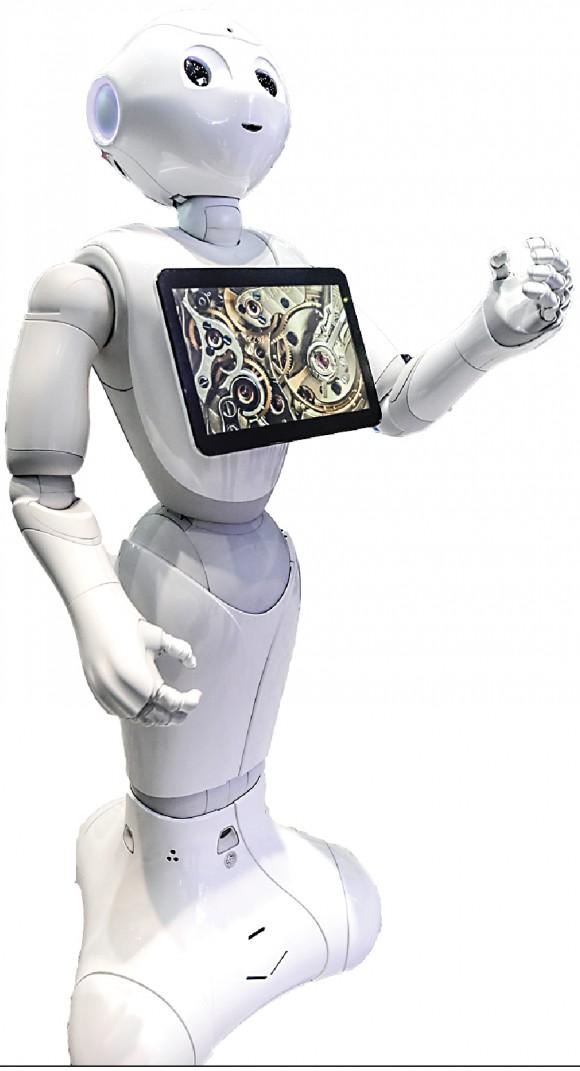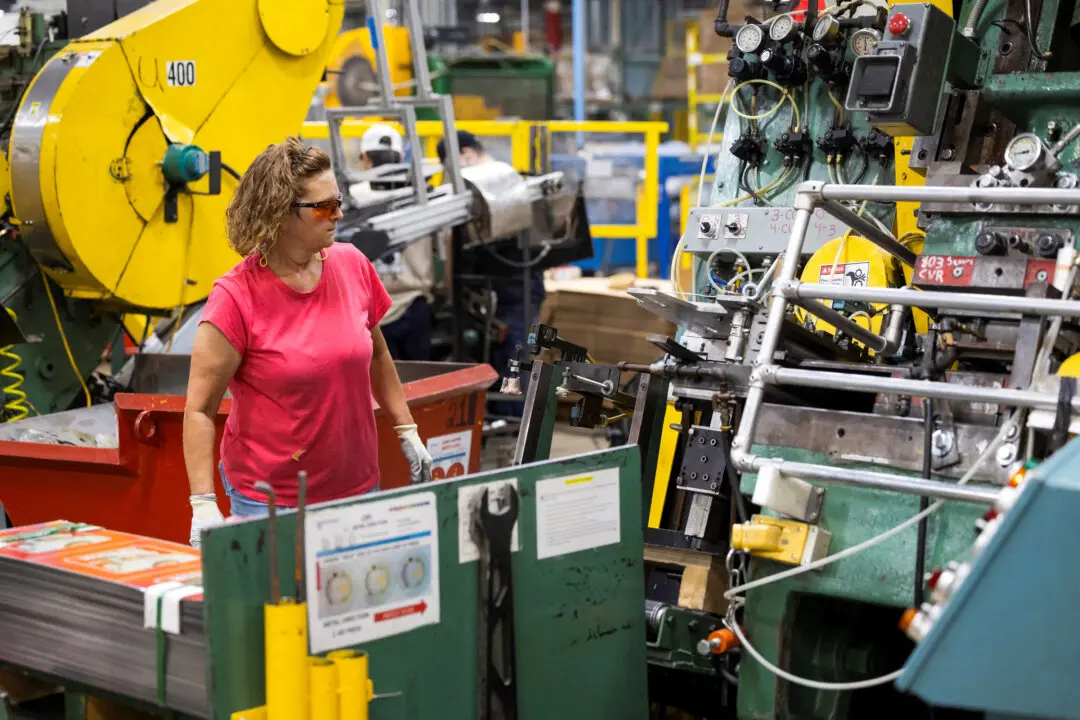An endless debate continues to rage over whether or not robots are taking our jobs, as advances in robotics and artificial intelligence (AI) have made machines smarter and capable of replacing humans in a variety of increasingly complex tasks. But if history tells us anything, the future won’t see a mere replacement of human labor with the rise of the machine.
“If we look at the history of automation and its impact on the society in the last four or five decades, we realize that it is a much more complex story than is often told,” said Mehdi Miremadi, partner at McKinsey & Co.
Automation obviously disrupts many jobs. But it also creates new opportunities—entire new fields of employment, for instance, that may not have existed before robots came along. Fully judging the impact of machines requires thinking about what new fields of endeavor may be created by their presence.
For instance, the massive adoption of automated teller machines in the 1990s didn’t eliminate bank teller jobs, contrary to what many predicted. Instead, teller jobs have increased and even surpassed overall labor growth since 2000, as economist and author James Bessen said in a recent podcast. Bank tellers now simply engage in more complex work that machines can’t do.






